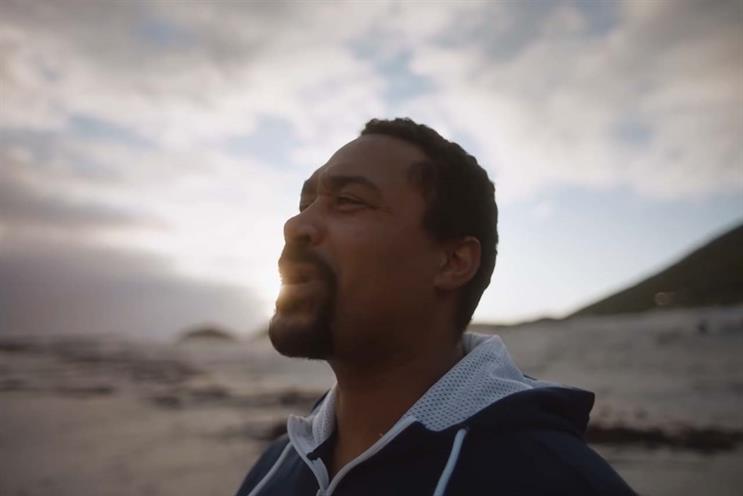
Marketing budgets took another severe hit in the third quarter of 2020, the latest IPA Bellwether Report shows, but the research also suggests a considerable level of optimism has returned to the industry.
More than half (52.6%) of companies responding to the Bellwether survey had their marketing budgets cut in the third quarter, compared with only 11.6% that experienced an increase. That gives a net balance of -41% – slightly smaller than last quarter’s figure of -50.7%, and almost identical to the final quarter of 2008, the low point of the last recession, when the net balance reached -41.7%.Â

The Bellwether research is carried out by IHS Markit and involves a panel of about 300 marketers, primarily from the UK’s top 1,000 companies.
Across all segments of marketing and advertising, a net balance of companies saw their budgets fall.
The least severe figures were for main media advertising and direct marketing, both with a net balance of -25.3% cutting spend. Main media advertising was the segment with the greatest improvement from the last quarter, when a net balance of -51.1% were cutting advertising spend. This time, 14.3% of businesses recorded an increase in main media spend, and 39.6% a cut.

Events remained the worst-hit sector, although its net balance improved to -64.1%, from -76.6%.Â
But these negative figures were not reflected in the optimism among marketers, which has improved considerably since the previous quarter – at least when they are asked about the prospects of their own company.Â
Almost a third (30.7%) of respondents said they were more optimistic compared with three months ago, while 34.6% were less optimistic – a net balance of -3.9%. Although the figure is below zero, it is markedly up on the previous two quarters’ figures of -26% and -55.1%. It is also higher than the middle two quarters of 2019, when the UK was beset by uncertainty over Brexit (a situation that has arguably changed little).

When asked about the prospects of their industry as a whole, marketers were far more pessimistic, as usual: 16.8% reported an optimistic view, while 48% were pessimistic – a net balance of -31.2%. While this is an improvement on the previous two quarters’ figures of -42% and -66%, it is still lower than at any other time since 2011.
The report forecasts that UK adspend will fall in total by 23.3% in 2020 – while GDP will be down 11.2%, and consumer spending 13.2%. It expects a “robust recovery in economic conditions” next year, with adspend growing 11.3% – but smaller increases over the following four years mean that by 2025, it will remain below 2019’s level. The outcomes are also highly dependent both on the development of the pandemic and the Brexit situation, the report adds.

“While Q2 marked the nadir for UK marketing budgets, we had hoped for a slightly sharper rebound to UK marketing budgets this quarter than we see here,” Paul Bainsfair, director general of the IPA, said.Â
“With a second wave of Covid-19, coupled with ongoing Brexit negotiations, including bracing for 'no deal', I think green shoots in the immediate term are increasingly unrealistic. We are at the mercy of these macro trends and we can’t know for sure right now whether it will be a V-shaped, U-shaped or perhaps a W-shaped recovery.Â
“What we do know, however, is that the evidence proves that those who can invest in marketing during the downturn will reap rewards in both the short and longer term. They will increase their brand recognition, strengthen their brand positioning and get ahead of the competition. In fact, because many advertisers do not heed this advice, just maintaining spend at normal levels leads to a greater share of voice and in turn greater brand share.”
Azlan Raj, chief marketing officer EMEA at Merkle, suggested that the social and economic challenges caused by the pandemic would create a greater need for brands to be use their budgets inventively.
“There's a very real risk that low confidence could itself become a self-fulfilling prophecy of stagnant growth or further retrenched budgets,” he said.Â
“Consumers are still very much unsettled by what's going on in the world, and brands that can truly support their customers to navigate safely through the stormy waters of 2020, have much to gain. So we'd expect to see a shift in 'pay and spray' approaches to advertising, and a greater investment in digital, data and customer experience.Â
“The number of touchpoints is still growing, as what customers consider 'ads' diminishes, so both into winter and beyond into 2021, we anticipate that knee-jerk digital transformation caused by the coronavirus will need to mature into strategically driven, experience-led investment.”


.jpg)


.jpg)